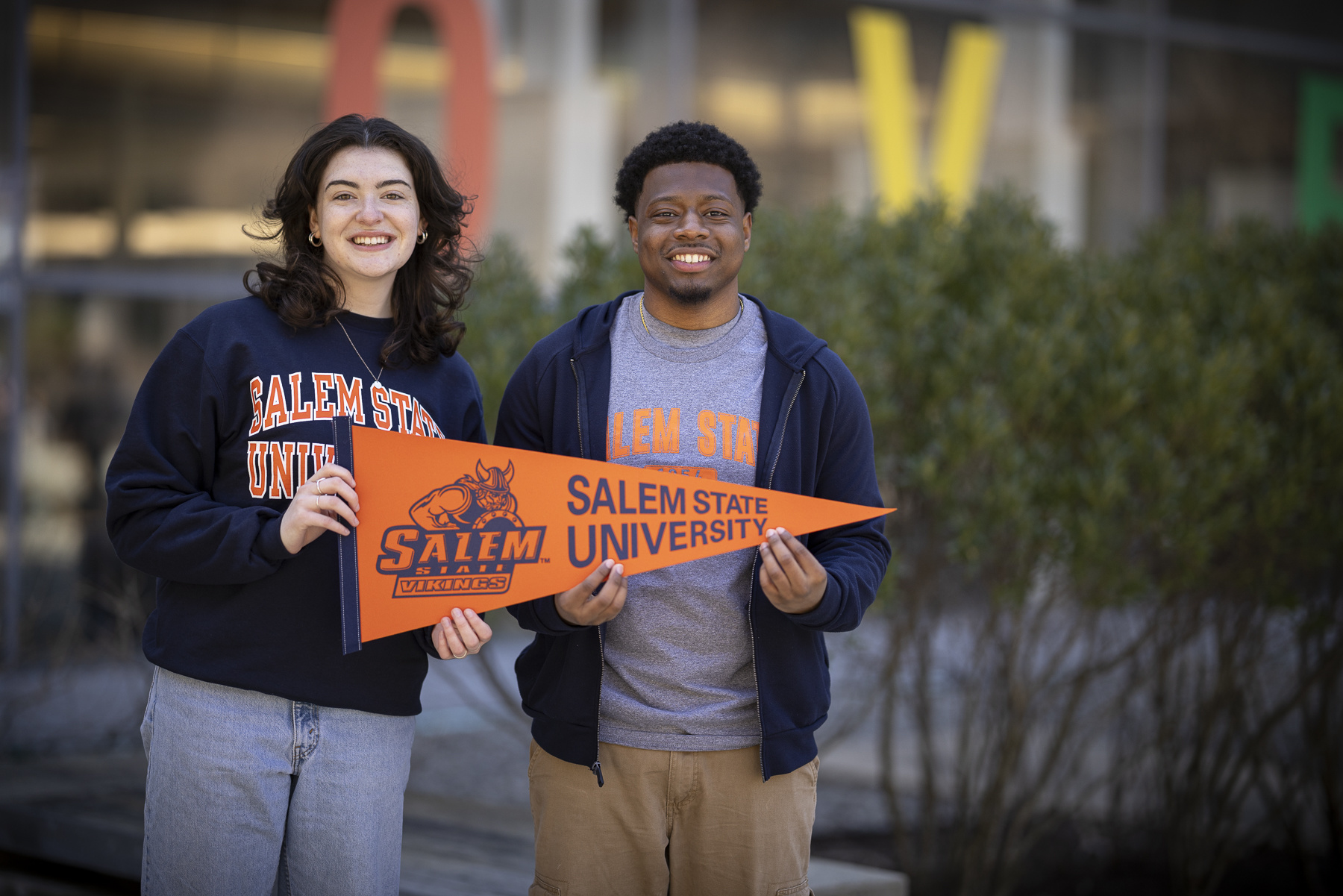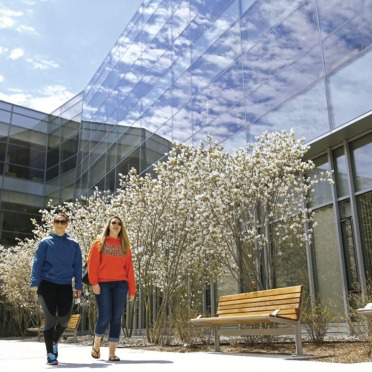
School of Graduate Studies Open House
Join us on campus to connect with program coordinators, the School of Graduate Studies, and various campus offices.
Take the Next Step
Apply now!-

Request Information
Join our email list to stay in the know -

Tuition and Fees
This is a price group 1 program -

Graduate Admissions Events
Meet with a counselor virtually or in person
Contact Us
Want to learn more about the public history program? Contact the program coordinator, Margo Shea.
For admissions-related questions, please contact graduate admissions.
Graduate Admissions
Second Floor,
Salem, MA 01970
352 Lafayette St.
Salem, MA 01970

